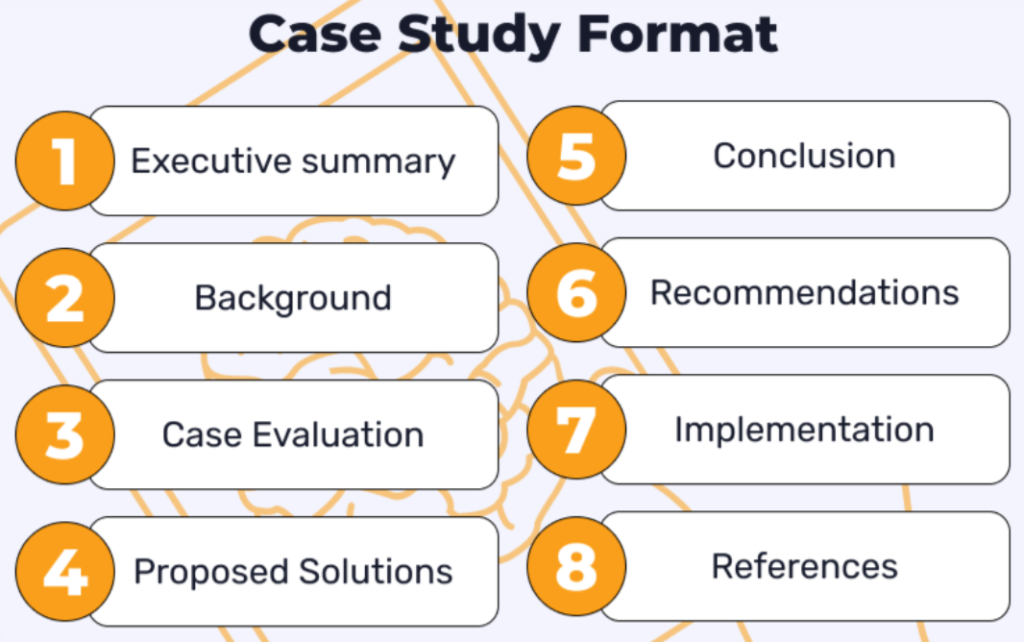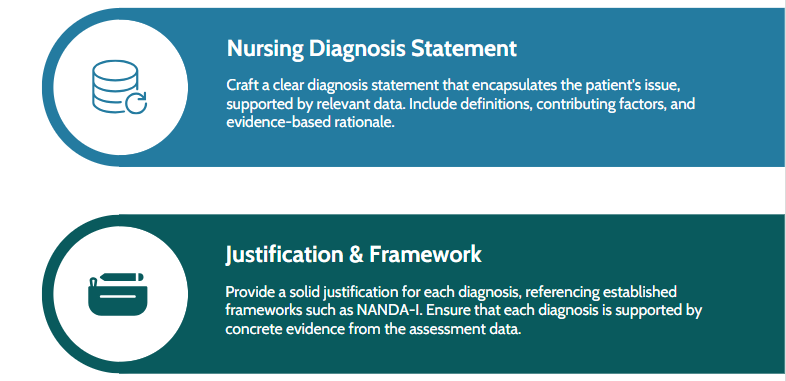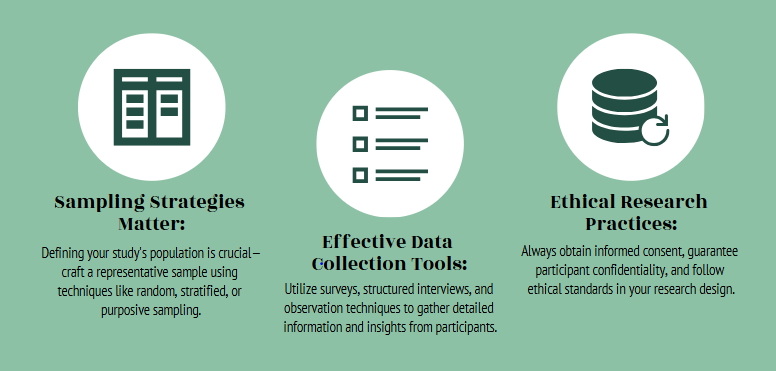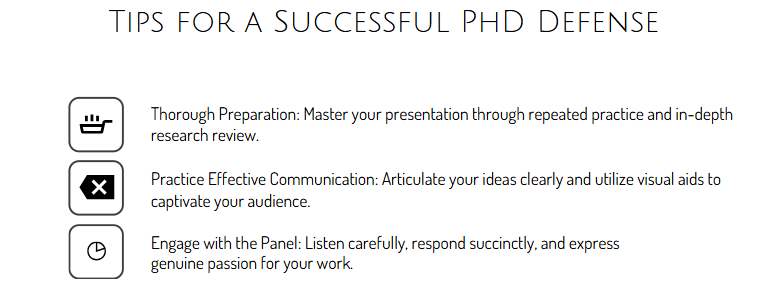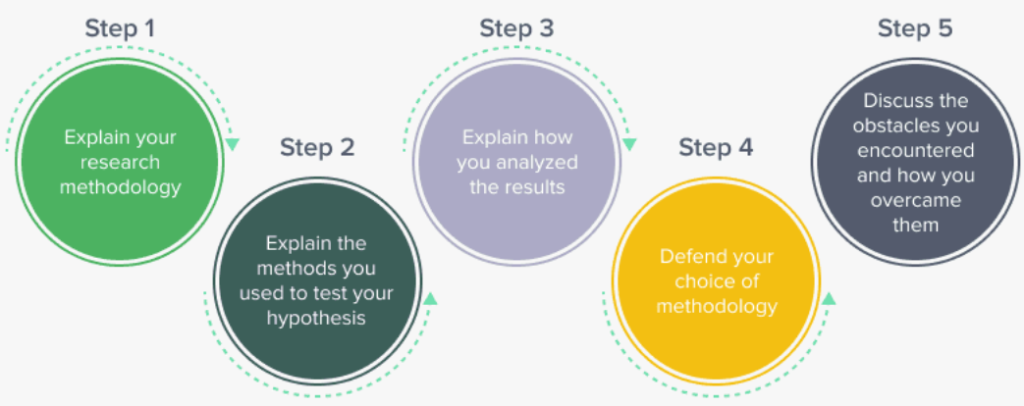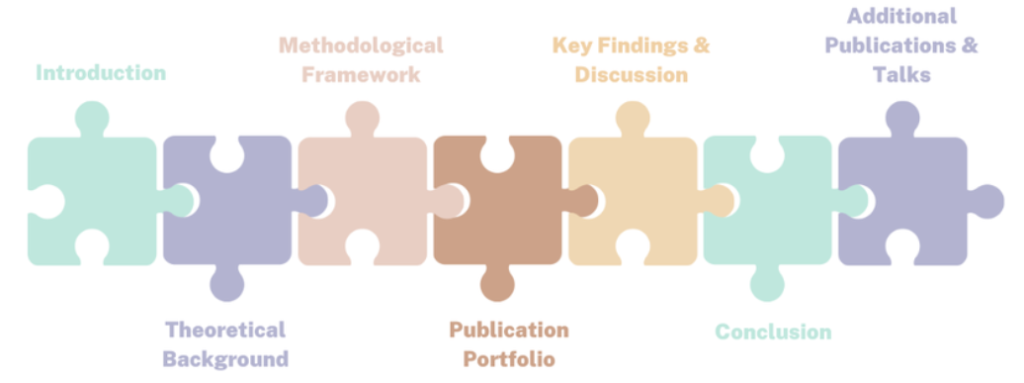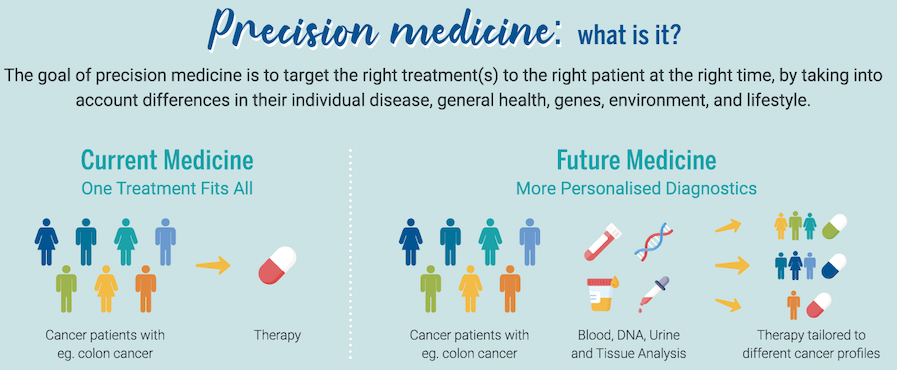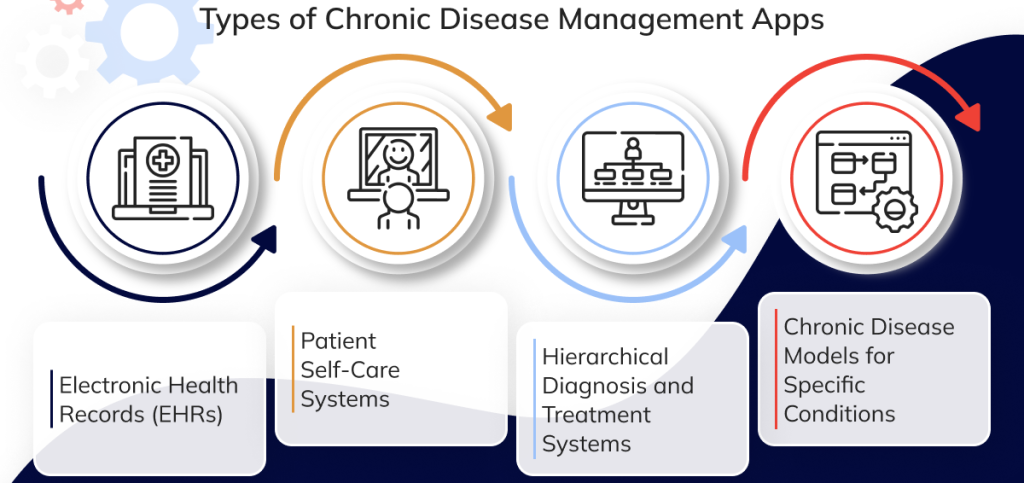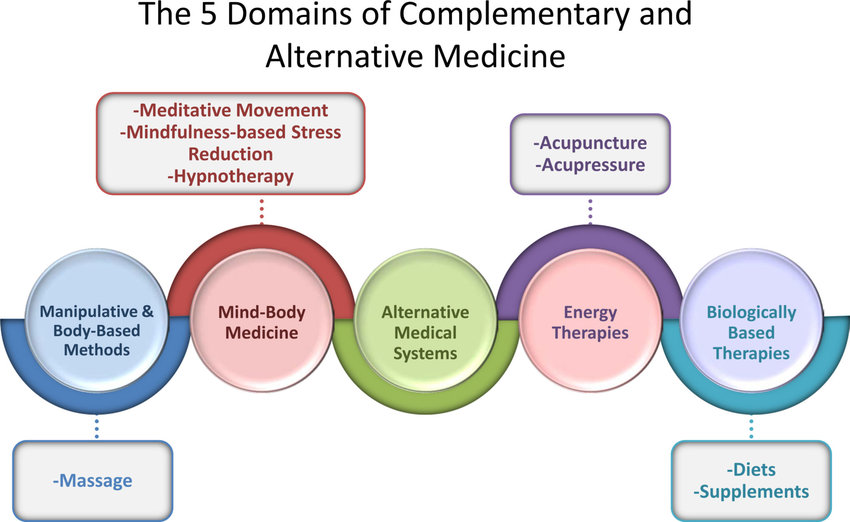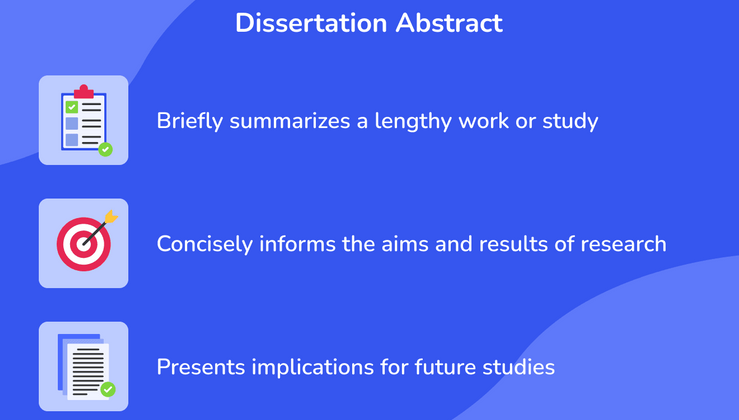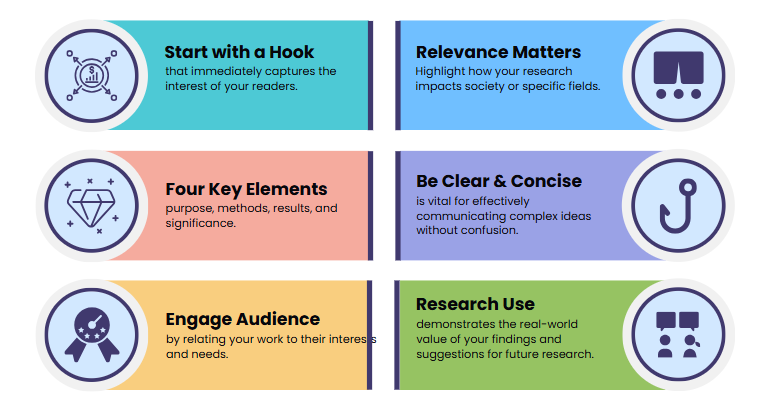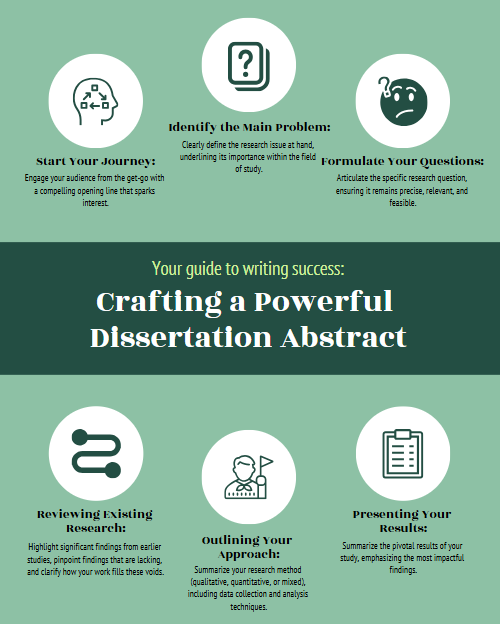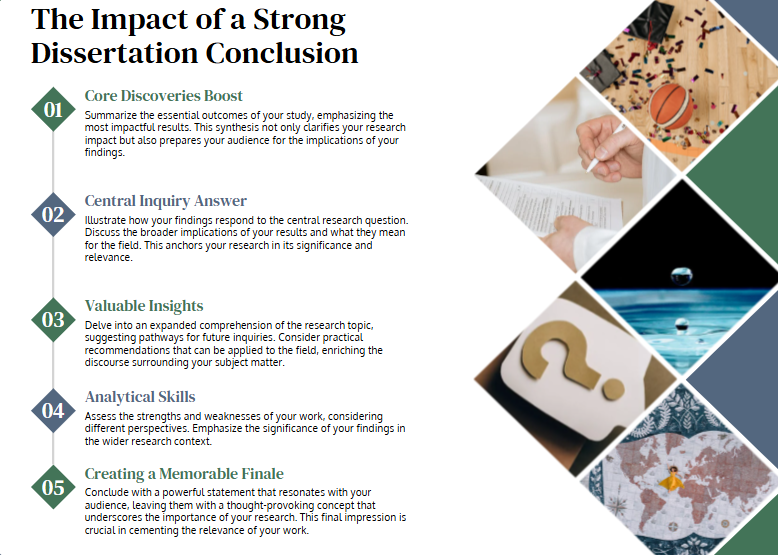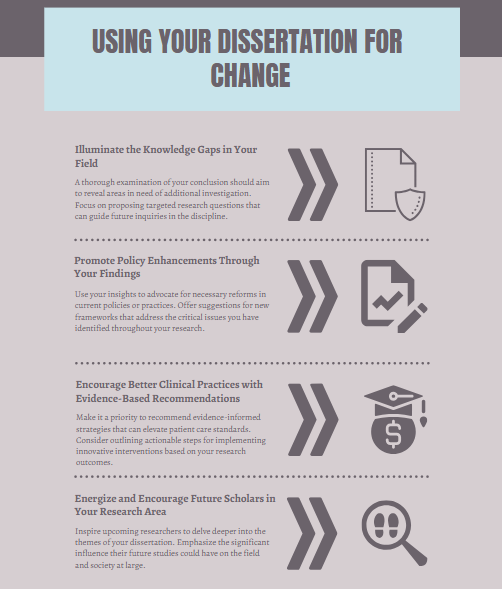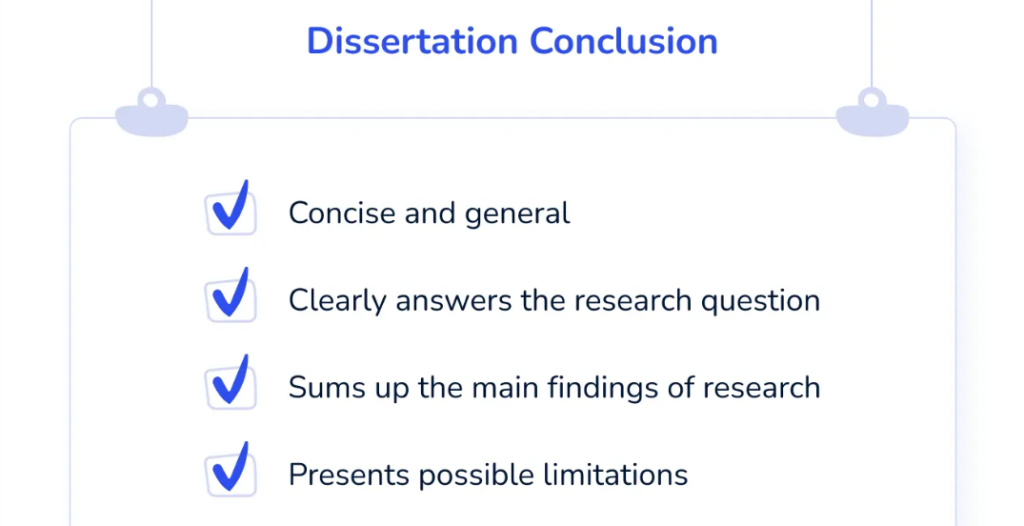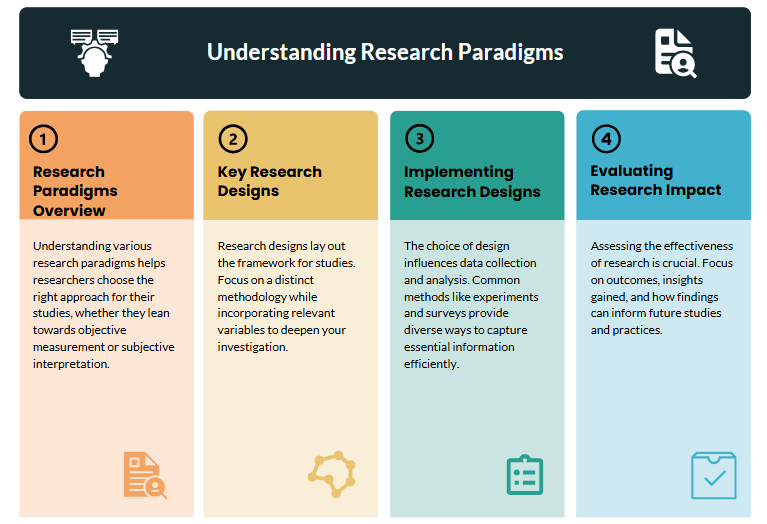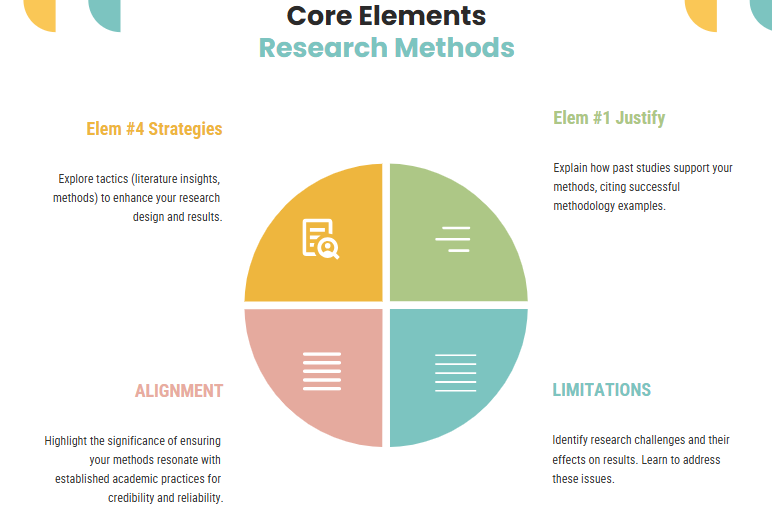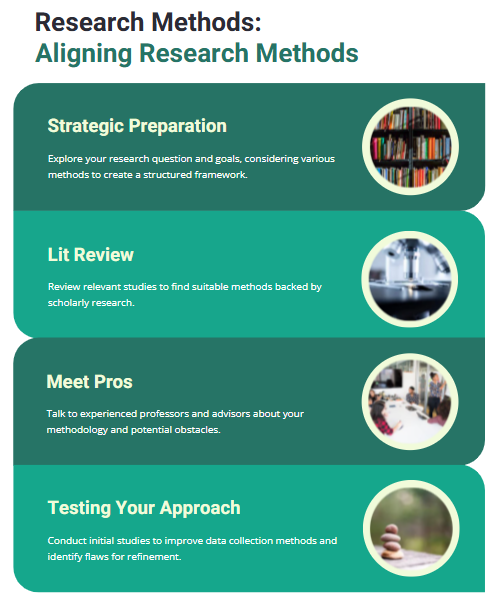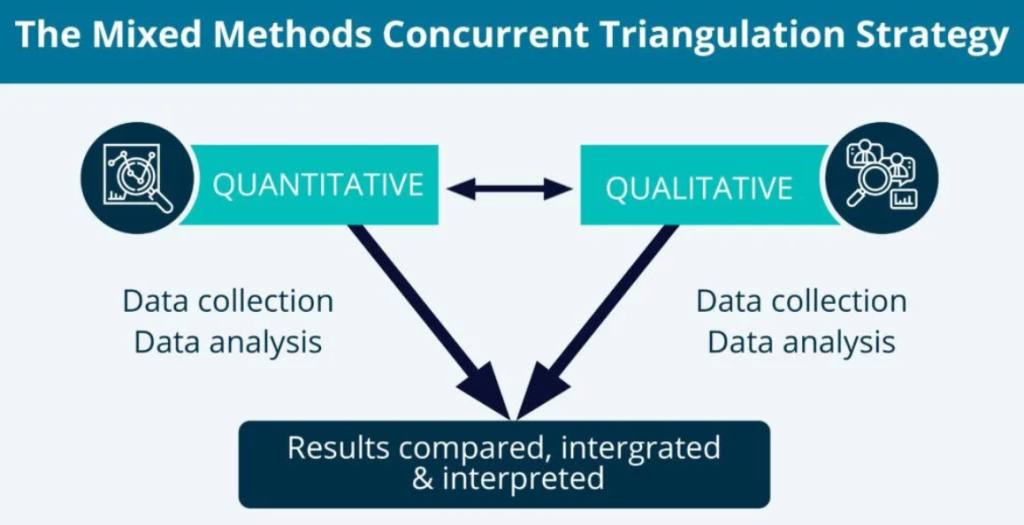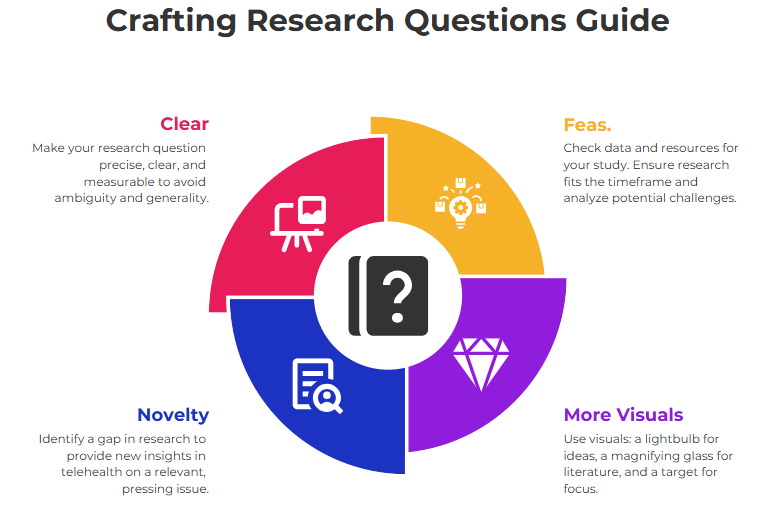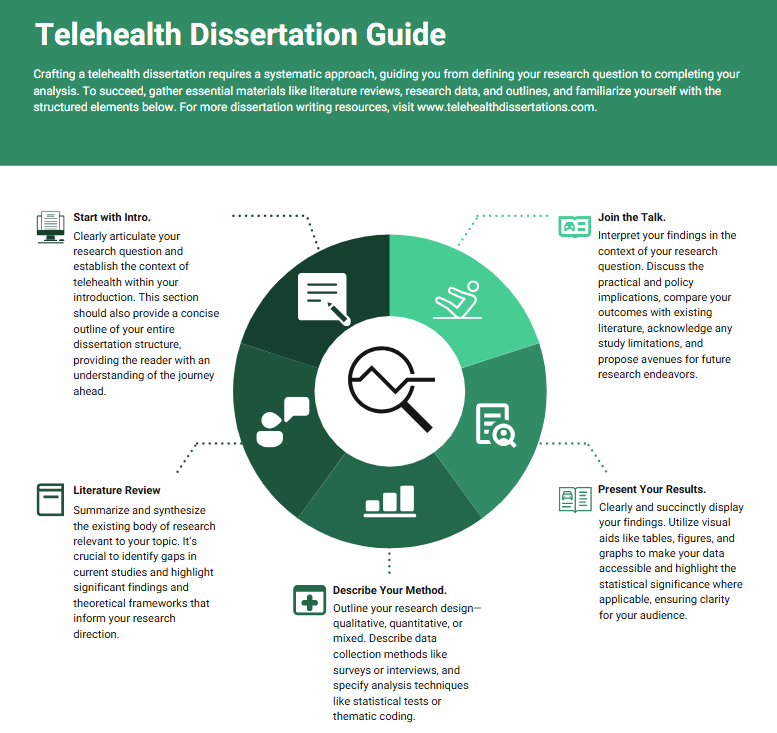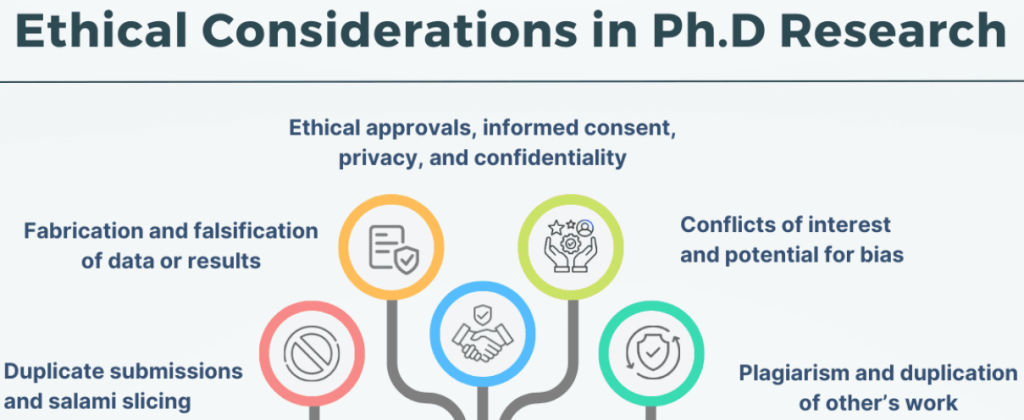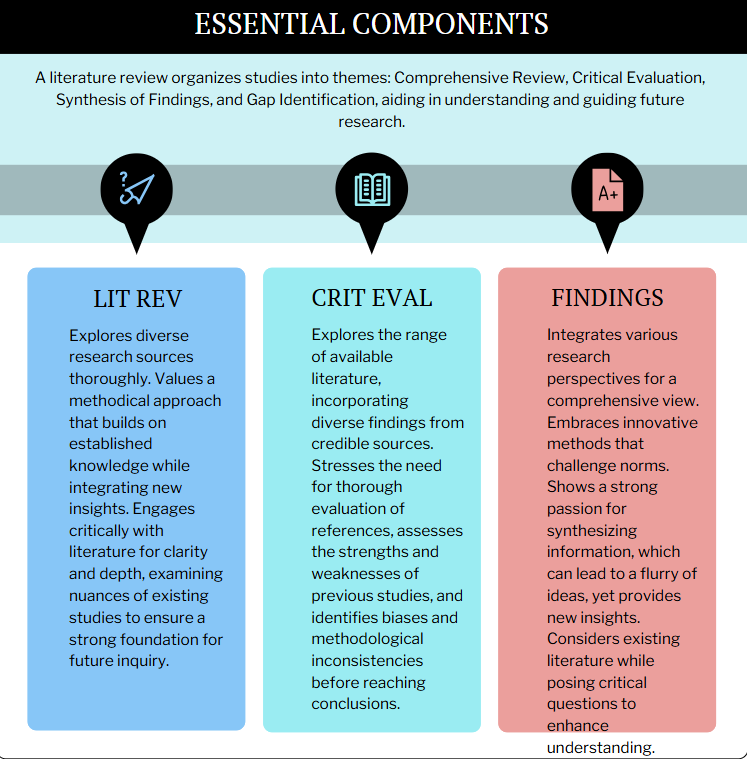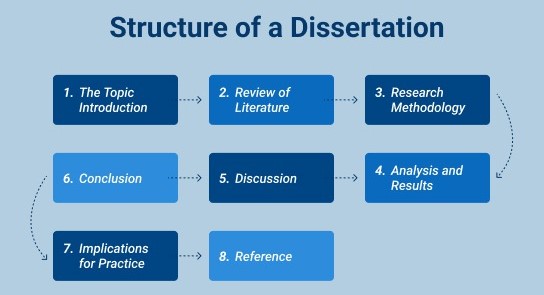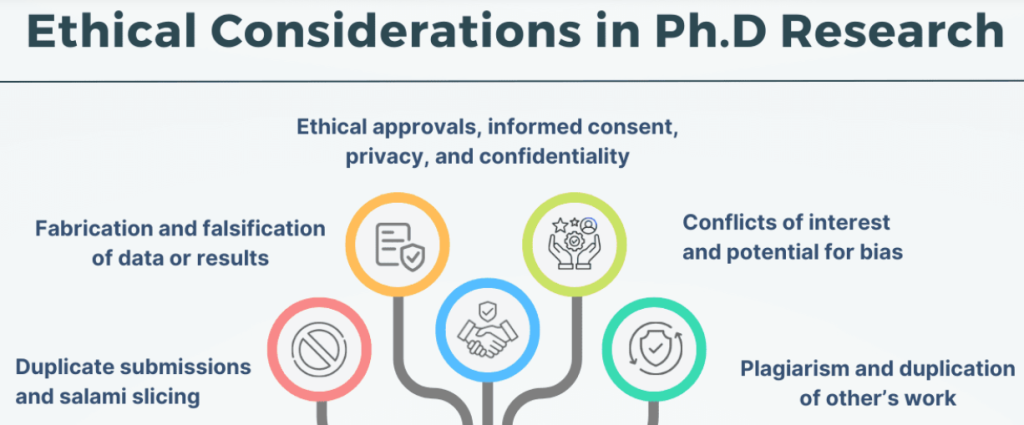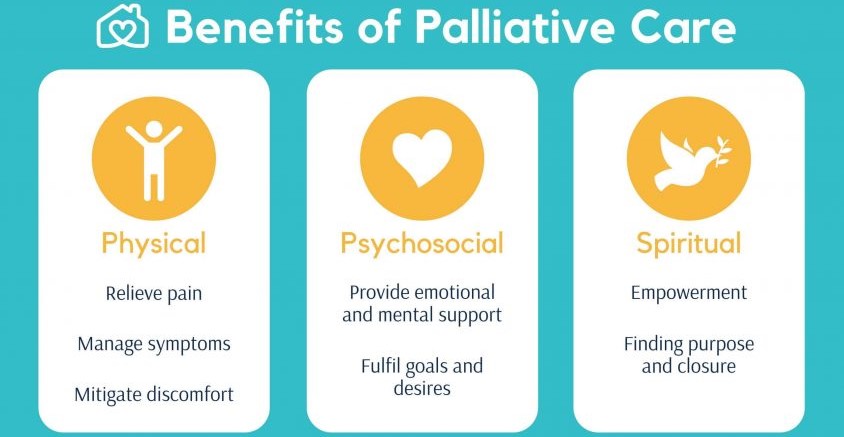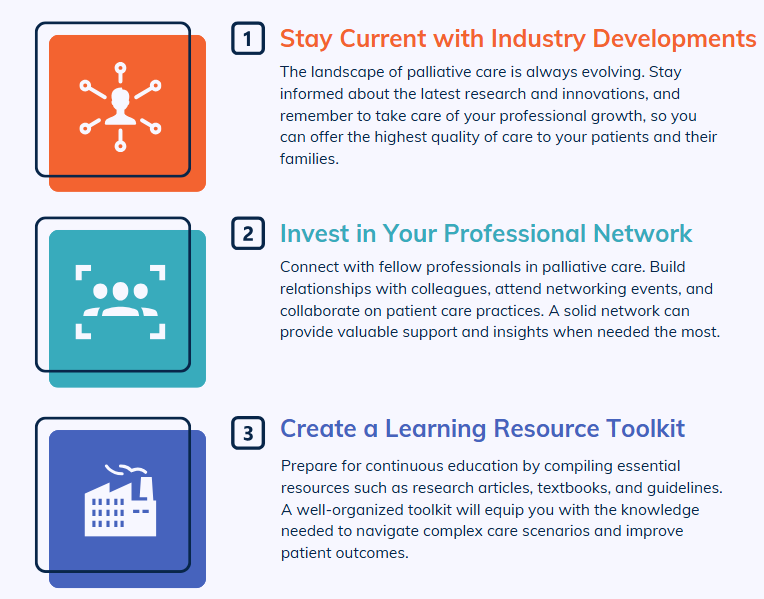
Table of Contents
The nursing profession demands a constant commitment to learning and self-improvement. One powerful tool for achieving this is the nursing reflective journal. It provides a dedicated space for nurses to examine their experiences, analyze their actions, and identify areas for growth. Keeping a consistent and thoughtful nursing reflective journal can significantly enhance clinical practice, boost professional confidence, and contribute to overall wellbeing.
This article offers comprehensive guidelines for creating a valuable and impactful nursing reflective journal.
Understanding the Purpose of a Nursing Reflective Journal
Before diving into the specifics of writing, it’s crucial to understand the core purpose of a nursing reflective journal. It’s not simply a diary of daily events; rather, it’s a strategic tool for professional development. The primary goals of maintaining a nursing reflective journal include:
- Developing self-awareness: By reflecting on experiences, nurses can gain a deeper understanding of their strengths, weaknesses, values, and beliefs. This self-awareness is crucial for making informed decisions and providing patient-centered care.
- Improving clinical practice: Analyzing challenging situations and identifying areas for improvement allows nurses to refine their skills and enhance the quality of care they deliver. The nursing reflective journal becomes a valuable resource for identifying recurring issues and developing effective solutions.
- Enhancing problem-solving skills: Reflecting on complex clinical situations encourages critical thinking and the development of problem-solving strategies. The nursing reflective journal acts as a platform for exploring alternative approaches and evaluating their effectiveness.
- Promoting emotional well-being: Processing emotionally challenging experiences through writing can help nurses cope with stress and prevent burnout. The nursing reflective journal provides a safe and private space for emotional processing.
- Supporting professional growth: Regular reflection promotes continuous learning and adaptation to the ever-evolving healthcare landscape. The insights gained from a nursing reflective journal can inform continuing education goals and career aspirations.
Essential Components of a High-Quality Nursing Reflective Journal
A well-maintained nursing reflective journal includes several key components, contributing to its overall effectiveness:
- Detailed Description: Begin by providing a clear and concise account of the event or experience. Include relevant details, such as the context, individuals involved, and the sequence of events. The more detailed your description, the richer your reflection will be. Avoid vague statements; strive for accuracy and precision in your recounting of the situation. This detailed description lays the groundwork for deeper analysis in your nursing reflective journal.
- Critical Analysis: This is the heart of the reflective process. Move beyond simply describing the event and analyze its significance. Ask yourself questions such as: What went well? What could have been done differently? What were the challenges, and how were they overcome (or not)? What did you learn from the experience? This critical examination within your nursing reflective journal allows for meaningful growth and improved future practice.
- Linking Theory to Practice: Connect your reflection to relevant nursing theories, models, and frameworks. For instance, you might relate your experience to concepts of patient autonomy, evidence-based practice, or therapeutic communication. This demonstrates a deeper understanding of nursing principles and how they apply to real-world situations. Connecting theory and practice strengthens your nursing reflective journal and showcases your intellectual engagement.
- Evaluation and Judgement: Based on your analysis, evaluate your performance and make a judgement about its effectiveness. Be honest and self-critical in your assessment. Acknowledge your strengths and weaknesses. This self-assessment is vital for identifying areas needing improvement in your nursing reflective journal.
- Action Planning: Conclude your reflection by developing an action plan for future practice. What specific steps will you take to address identified weaknesses or capitalize on strengths? Setting concrete goals ensures your reflections translate into tangible improvements. The action plan in your nursing reflective journal is a crucial step to transforming reflection into professional development.
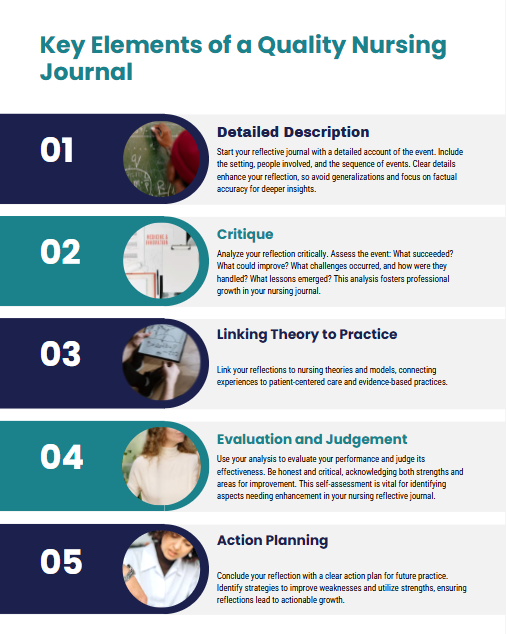
Tips for Writing an Effective Nursing Reflective Journal
- Regularity is Key: Aim for consistency. Regular entries, even if brief, are more beneficial than sporadic, lengthy ones. A consistent approach ensures that your nursing reflective journal becomes a habit and a valuable resource for ongoing self-assessment.
- Honesty and Authenticity: Be honest and truthful in your reflections. Avoid portraying an idealized version of yourself. The nursing reflective journal is a private space for self-improvement, and honesty is crucial for achieving its purpose.
- Use a Structured Approach: Employ a consistent format for your entries to maintain organization and clarity. Consider using a structured framework, such as Gibbs’ reflective cycle or Rolfe’s reflective model. These models provide a framework for guiding your reflection within your nursing reflective journal.
- Focus on Learning: The primary goal is learning and growth. Frame your reflections around lessons learned, skills developed, and challenges overcome. This focus ensures your nursing reflective journal contributes meaningfully to your professional development.
- Maintain Confidentiality: Always protect patient confidentiality when writing in your nursing reflective journal. Avoid using identifying information that could compromise patient privacy. This ethical consideration is paramount when maintaining a nursing reflective journal.
- Seek Feedback: Consider sharing your reflections with a mentor or colleague for feedback. Constructive criticism can enhance the learning process and provide valuable insights. Sharing your reflective journal (with appropriate discretion and consent) can broaden your perspectives.
- Embrace Creativity: Don’t be afraid to experiment with different writing styles and formats. Use metaphors, analogies, and storytelling to make your reflections more engaging and memorable. Creativity enhances your journal and aids in retaining experiences and insights.
Using Technology in Your Nursing Reflective Journal
In today’s digital age, technology offers various tools for maintaining a nursing reflective journal. Options include word-processing software, dedicated journaling apps, or even secure online platforms. The choice depends on your personal preferences and security concerns. The use of technology can facilitate organization, searchability, and backup of your nursing reflective journal.
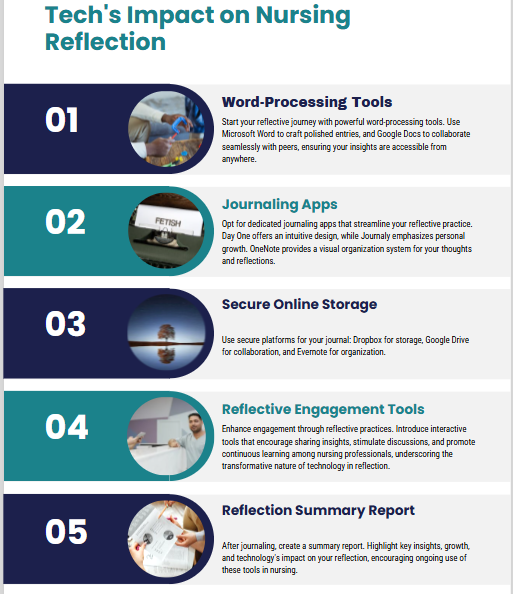
The Ongoing Benefits of a Nursing Reflective Journal
The benefits of maintaining a consistent nursing reflective journal extend far beyond immediate improvements in clinical practice. Over time, this practice cultivates self-awareness, critical thinking skills, and a deeper understanding of the nursing profession. A well-maintained nursing journal serves as a testament to your professional growth and can be a valuable asset in your career development. It offers a tangible record of your journey, highlighting achievements, challenges overcome, and lessons learned.
By dedicating time to this vital practice, nurses invest in their own personal and professional growth, contributing to a more compassionate and skilled nursing workforce. Regular use of a nursing reflective journal provides invaluable insights for self-assessment, demonstrating a commitment to lifelong learning and the advancement of the profession. Thereflective journal is a crucial tool that should be embraced by every nurse seeking continuous improvement and fulfilment in their career.
Avoiding Common Pitfalls in Your Nursing Reflective Journal
The nursing reflective journal is a powerful tool for professional growth and development. It provides a space for nurses to critically analyze their experiences, identify areas for improvement, and enhance their clinical practice. However, the effectiveness of this crucial tool hinges on avoiding common mistakes that can diminish its value. A poorly executed nursing reflective journal may offer little benefit, even hindering self-reflection and professional development. Therefore, understanding these pitfalls is paramount for maximizing the benefits of this valuable resource.
Superficial Reflection
Many nurses fall into the trap of simply narrating events without delving into deeper meaning. Describing a hectic shift or a challenging patient interaction is not sufficient. A robust nursing reflective journal requires critical analysis: what were the contributing factors to the situation? What were your emotional responses? How did your actions impact the patient’s outcome? What could you have done differently? Simply recounting events without engaging in this critical self-assessment renders the journal ineffective. Instead, strive for depth and detail in your analysis, using the situation as a springboard for genuine self-reflection.
Lack of specificity
Vague statements like “I learned a lot today” or “the patient was difficult” provide little insight into the learning experience or the nature of the challenge. The nursing reflective journal should be rich with detail. Specify the challenges faced, the actions taken, the patient’s response, and the emotional impact on you. For instance, instead of “the patient was difficult,” write about the specific behaviours that made the interaction challenging, your emotional reaction to those behaviours, and the strategies you employed to manage the situation. The more precise your descriptions, the more valuable your reflections will be.
Failure to link theory to practice is a third significant mistake. The nursing reflective journal should demonstrate your ability to connect theoretical knowledge with practical experience. This means referencing relevant nursing models, theories, and frameworks to support your reflections. Consider using established models like Gibbs’ Reflective Cycle or Kolb’s Experiential Learning Cycle to structure your entries. By linking your experiences to established theoretical principles, you strengthen your understanding and demonstrate a deeper level of critical thinking. Simply recounting what happened without connecting it to a broader theoretical understanding limits the learning potential of your nursing reflective journal.
Neglecting emotional intelligence
The emotional dimension of nursing practice is significant. Ignoring your own feelings and emotional responses to challenging situations undermines the reflective process. Your nursing reflective journal should acknowledge the emotional toll of the job and explore how those emotions influenced your actions and decisions. Addressing emotions honestly and openly allows for a more complete and authentic reflection, leading to greater self-awareness and improved emotional regulation in future encounters.
Finally, neglecting to identify specific learning outcomes and action plans weakens the overall impact of the nursing reflective journal. The goal of reflection is not just to analyze past experiences but to identify areas for improvement and develop strategies for future practice. Each entry should conclude with clear learning points and a concrete plan for how you will apply those learnings in the future. This forward-looking approach transforms the journal from a passive record of events into an active tool for professional development. Without clearly articulated action plans, the nursing reflective journal remains a static document, failing to fulfill its potential for shaping your nursing career.
A well-maintained nursing reflective journal is a vital component of a nurse’s professional development. Avoiding these common mistakes – superficial reflection, lack of specificity, failing to connect theory and practice, neglecting emotional intelligence, and omitting action plans – will significantly enhance the value and effectiveness of this crucial tool. By fostering deeper self-awareness and facilitating targeted professional growth, the nursing reflective journal becomes a cornerstone of a successful and fulfilling nursing career.
Frequently Asked Questions about Nursing Reflective Journal
The nursing profession demands a high level of critical thinking, self-awareness, and continuous learning. A crucial tool for fostering these essential qualities is the nursing reflective journal. This personal record allows nurses to document their experiences, analyze their actions, and identify areas for professional growth. However, many nurses, especially those new to the profession, have questions about its purpose, implementation, and benefits. This section addresses some frequently asked questions surrounding the use of a nursing reflective journal.
Q1: What exactly is a nursing reflective journal, and why is it important?
A nursing reflective journal is a personal, written account of your experiences as a nurse. It’s not a diary; instead, it’s a structured approach to reflecting on clinical practice. It encourages you to critically examine your actions, decisions, and emotions related to patient care, teamwork, and professional development.
Its importance stems from its ability to enhance your self-awareness, improve clinical skills, and contribute to continuous professional development. By regularly reflecting on your practice, you can identify patterns, strengths, and weaknesses, leading to improved patient outcomes and personal professional growth. It’s a powerful tool for personal and professional development, helping you become a more competent and compassionate nurse.
Q2: What should I write in my nursing reflective journal?
There’s no single “right” way to write in a nursing reflective journal, but a structured approach can be helpful. Many nurses find it beneficial to use a framework like Gibbs’ Reflective Cycle or John’s Model of Structured Reflection. These models provide a structured format to guide your thoughts and ensure thorough reflection. Regardless of the model used, your entries should typically include:
- Description: A factual account of the event or situation you’re reflecting on. Be specific and avoid generalizations.
- Feelings: Describe your emotional response to the situation. Honesty about your feelings is crucial for meaningful reflection.
- Evaluation: Analyze the situation. What went well? What could have been improved? What were the consequences of your actions?
- Analysis: Explore the underlying reasons for your actions and the outcomes. Consider your knowledge, skills, and attitudes.
- Conclusion: Summarize your learning from the experience. What did you learn? How will you apply this learning in future situations?
- Action Plan: Outline specific steps you will take to improve your practice based on your reflections.
Remember to focus on specific incidents, rather than general observations. For example, instead of writing “I had a bad day,” describe a specific patient interaction that caused you stress and analyze why it felt challenging.
Q3: How often should I write in my nursing reflective journal?
The frequency of your entries depends on your learning style and the demands of your work. Some nurses find it helpful to write after each shift, while others prefer to reflect weekly or even monthly. Consistency is key; aim for regular entries to maintain the habit and maximize its benefits. Even short, focused reflections are more valuable than infrequent, lengthy ones. The aim is not to write lengthy essays but to engage in thoughtful consideration of practice.
Q4: Is there a specific format for a nursing reflective journal?
No, there isn’t a prescribed format. You can use a notebook, a word-processing document, or a dedicated journaling app. The most important aspect is that it’s accessible and convenient for you to use regularly. Some nurses prefer a physical journal for handwritten notes, while others find digital formats more practical for searching and organizing entries. Choose the format that best suits your preferences and workflow. However, maintaining a consistent format for each entry (using a reflective model, for example) is recommended for clarity and ease of analysis.
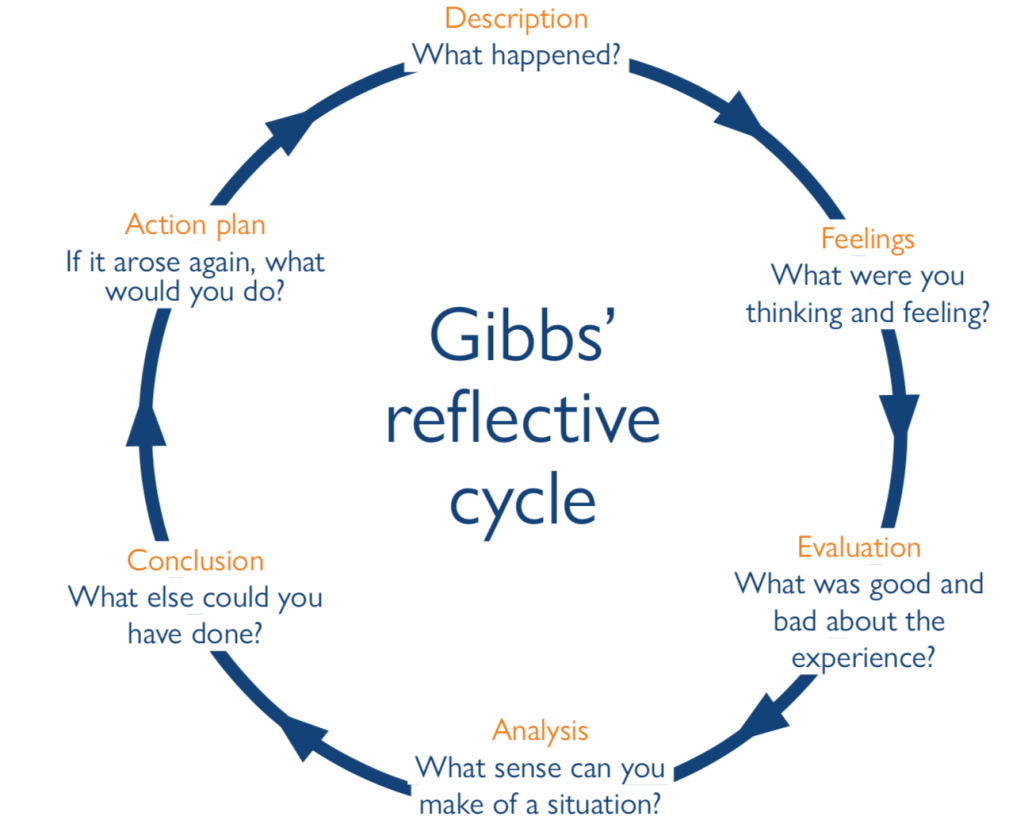
Q5: Is my nursing reflective journal confidential?
The confidentiality of your nursing reflective journal is paramount. It’s a personal record intended for your own self-improvement. Keep it secure and ensure that it’s not accessible to unauthorized individuals. This is crucial, especially when discussing patient information, even in a veiled manner. Remember that patient confidentiality is paramount, and your journal should never contain identifiable information about your patients. If you are unsure about what is permissible, consult with your supervisor or mentor.
Q6: How can I use my nursing reflective journal to improve my practice?
The nursing reflective journal becomes a powerful tool when you actively use its insights to inform your practice. Regularly review your entries to identify recurring themes, challenges, and areas for improvement. Share your reflections with a mentor or supervisor for feedback and guidance. This can help you gain new perspectives and develop strategies for addressing identified weaknesses.
By actively working on the action plans you develop in your journal, you demonstrate a commitment to continuous professional development and ultimately improve your patient care. The insights gained from a well-maintained nursing reflective journal can make you a more effective, thoughtful, and reflective practitioner. This reflective practice is essential for personal growth and contributes significantly to the overall quality of nursing care provided.
A nursing reflective journal is a valuable investment in your professional development. While it might seem like an additional task, the long-term benefits in terms of improved self-awareness, enhanced clinical skills, and better patient care far outweigh the effort. By addressing the questions above and adopting a consistent, structured approach, you can unlock the immense potential of the nursing reflective journal and transform your nursing journey.
Get Professional Help with Writing Nursing Journals
At PhD Nurse Writer, we can offer you the necessary support and tools to craft an authentic and impactful nursing reflective journal. Besides, nursing reflective journals, we can also assist you in writing nursing research papers, case studies, essays and dissertations.


